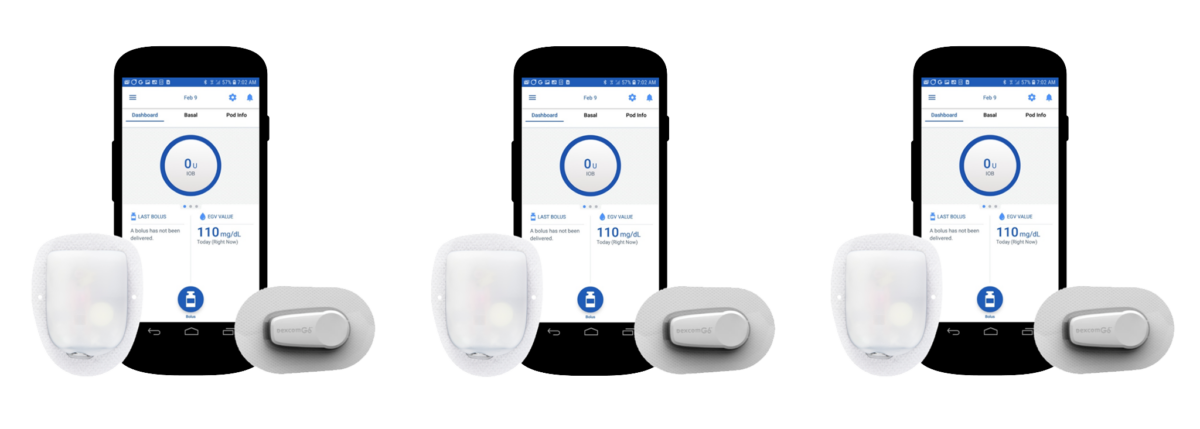Youth with T2D Experience Long-Term Complications By Young Adulthood
Written by: T'ara Smith, MS, Nutrition Education
2 minute read
August 6, 2021
Type 2 diabetes cases are rising in children and we're starting to learn they experience long-term complications by young adulthood.
Not much is known about how complications affect young people and children under age 20 with type 2 diabetes (T2D), but the Treatment Options for Type 2 Diabetes in Adolescents and Youth (TODAY) study provides insight into the matter. In a newly published article by the New England Journal of Medicine, results from the TODAY clinical trial show children and youth diagnosed with type 2 diabetes experience long-term complications by the time they reach young adulthood.
From 2004 to 2011, researchers conducted a multicenter clinical trial to evaluate the effectiveness of three treatments:
- Metformin
- Metformin plus rosiglitazone (TZD)
- Metformin plus an intensive lifestyle intervention
After the trial, a follow-up study was performed for nine years from 2011 to 2020 and the study’s participants transitioned to metformin and insulin or metformin only. In 2020, with the average age of the participants being 26 years old and the average duration of type 2 diabetes being around 13 years, complications were present. The study showed:
- 67.5 percent developed hypertension
- 51.6 percent developed dyslipidemia (abnormal levels of cholesterol and other lipids)
- 54.8 percent developed diabetic kidney disease
- 32.4 percent developed nerve disease (neuropathy)
From 2010 to 2011, the prevalence of retinal diseases, including more advanced stages, jumped from 13.7 percent to 51 percent from 2017-2018. Also in this follow-up period, 60 percent of participants had one complication and 28 percent had two complications.
Youth and children of color were more likely to experience complications, including hypertension and dyslipidemia.
More about the TODAY Study
The TODAY study set out to determine if three different treatment approaches would reduce insulin resistance in children and adolescents, prolong glycemic management, including slowing beta-cell decline and reducing the risks of diabetes-related complications. This trial is the first multicultural randomized trial in the United States to take this approach to learn about the impact of type 2 diabetes in children.
At the start of the trial, nearly 700 youth between the ages 10-17 participated in the trial, had type 2 diabetes for less than two years and BMI at or above the 85th percentile.
The TODAY study is one of several studies referenced when showing the differences in type 2 diabetes progression in children versus adults. Read more on this topic, here.
Learn more about diabetes-related complications here.

Author
T'ara Smith, MS, Nutrition Education
T’ara was diagnosed with type 2 diabetes in July 2017 at the age of 25. Since her diagnosis, she focused her academic studies and career on diabetes awareness and living a full life with it. She’s excited to have joined the Beyond Type 1 team to continue her work. Two years later, T'ara discovered she'd been misdiagnosed with type 2 and actually has latent autoimmune diabetes in adults (LADA). Outside the office, T’ara enjoys going to the movies, visiting parks with her dog, listening to BTS and cooking awesome healthy meals. T’ara holds an MS in nutrition education from American University.
Related Resources

Already compatible with Dexcom’s G6 and G7 continuous glucose monitors (CGMs), the Omnipod 5 Automated...
Read more

The younger a person is diagnosed with type 2 diabetes, especially those with obesity, the...
Read more

The Oura Ring, which tracks things like sleep, heart rate, and activity, is joining forces...
Read more

